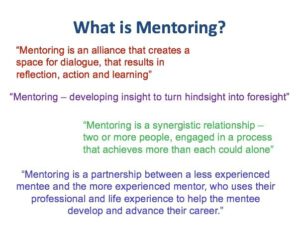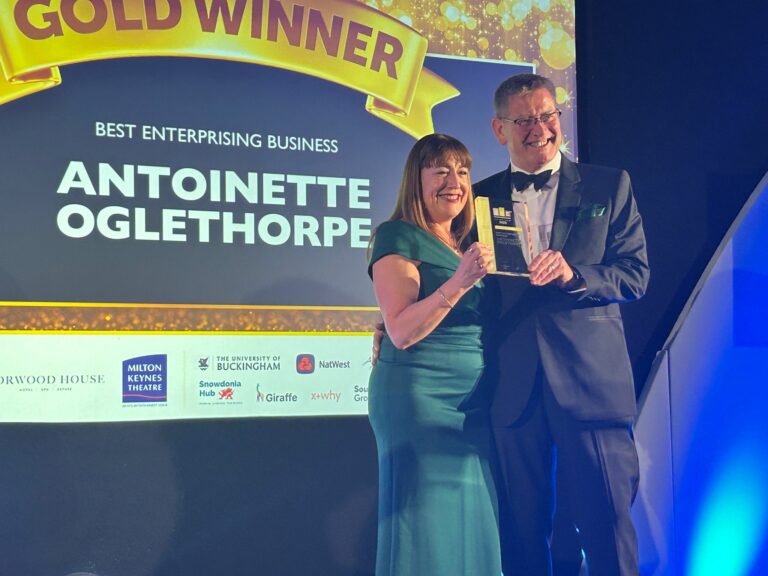I recently ran a series of webinars for a business school for their alumni to understand mentoring in the workplace.
That was the most recent of several mentoring programmes I have helped launch and run in the UK and globally since 1997.
Some of the mentoring programmes have been within organisations like the one I managed as part of the graduate development programme for Accenture. Others – like the webinar series – have been for groups and associations supporting members with their professional and career development.
Mentoring isn’t new – far from it. Mentoring is widespread and used for various purposes and groups of people from schools and youth groups to the government-funded “Get Mentoring” project for business owners.
So what purpose does mentoring in the workplace play and how can it help organisations develop leaders and help leaders develop their careers?
Mentoring in the Workplace
1. Mentors help those they mentor to achieve better results but the benefits extend beyond the two individuals.
The impact of a single conversation can change the course of one life and therefore of many. And, learning and practising mentoring skills makes mentors better leaders, communicators and human beings.
2. Different people have different ideas about what mentoring is.
Unrealistic expectations about what they can achieve through mentoring in the workplace can undermine its effectiveness. Confusion about the role and responsibilities of mentoring partners can lead to disappointment and dissatisfaction.
3. The word mentor originates from Greek mythology.
The story is that King Odysseus was leaving to journey and fight a war from which he might not return. He entrusted his son’s preparation as ruler to a wise counsellor, named Mentor, not knowing that Mentor was the goddess Athena in disguise
4. Dictionaries tend to define a mentor as: “Wise guide“ which is line with the origins of the word.
The traditional view of mentoring is that:
- The mentor picks a protégé
- A mentor is someone more senior
- You should have a lot in common with your mentor
- Mentoring is for young people
- Mentors tell you what to do
- Mentors give advice
More contemporary thinking is that
- The mentee seeks mentors
- A mentor is someone you can learn from regardless of age or position
- Difference provides potential for greater discovery, challenge and growth
- Mentoring is for anyone at any stage of life or career
- A mentor is a sounding board
- Mentors help your decision-making and problem-solving
5. Here are some definitions I like:
How would I describe mentoring in the workplace? I would sum it up as “Mentoring is learning through sharing (your experience and others)”
So think about your own experience and your own relationships. Who do you mentor? Who mentors you?
One way to embark on a mentoring relationship is to benefit from any formal mentoring programme. But even if that doesn’t exist, you can find an informal mentor.
If you aren’t involved in giving and receiving mentoring, you’re missing out on an enormous opportunity to share and learn from experience. So think about what challenge you want help with and who might have the experience to help you.
And think about what experience you can share to help others. Make yourself available to be approached.




